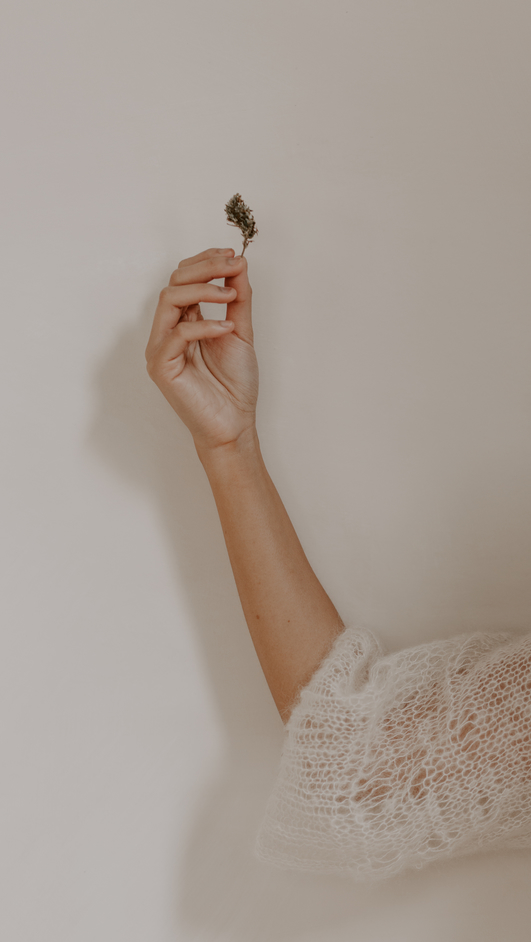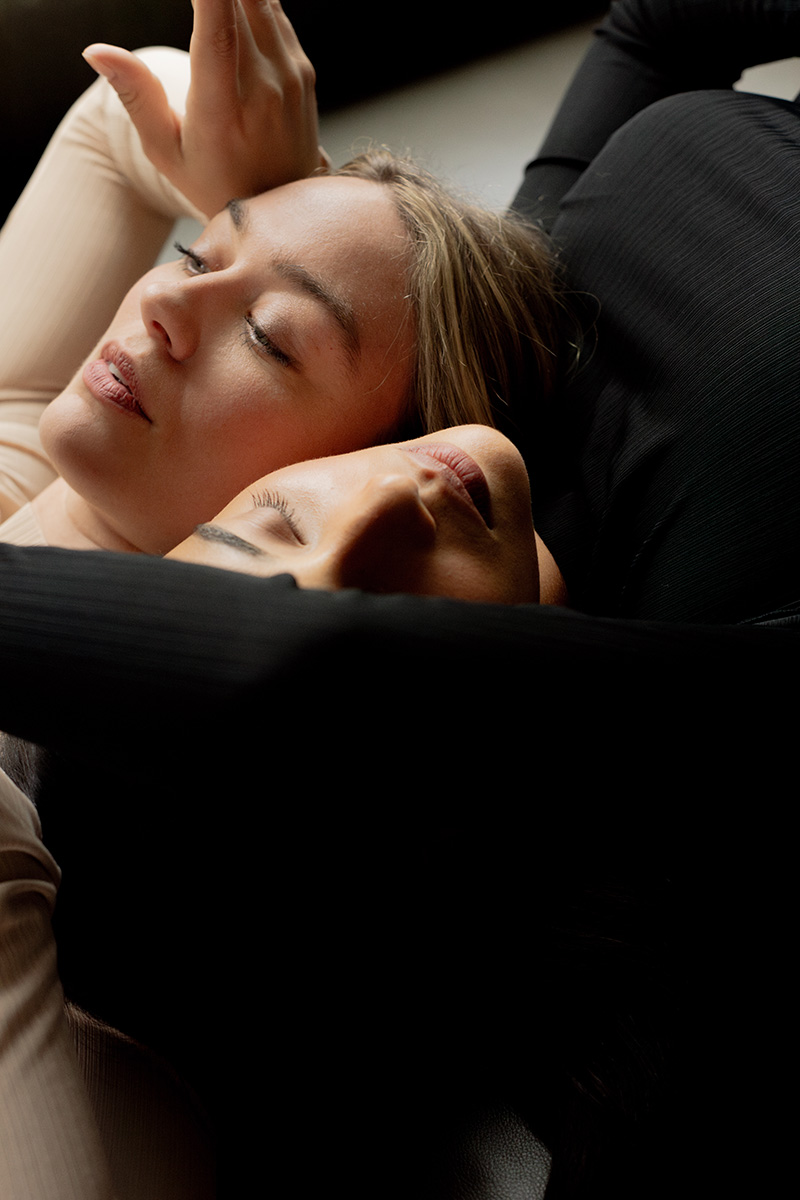
Not All Older People Envy Youth
I realized something recently, about my younger self. She assumed her elders wished that they were young again—her age, or younger still.
I continued to assume this well into my thirties, all the while not envying a younger age myself. This lack of envy should have challenged my assumption—but I wasn’t really conscious I was making it at all, so it remained.
“How could someone whose children were grown-up—had flown the nest—not long to hold them close again?”
I think I first noticed the story I’d been telling about youth versus maturity when cradling our youngest child. An older relative made a sentimental comment about mothering a newborn being such a precious time, then declared she’d no desire to do it all again.
How could someone whose children were grown-up—had flown the nest—not long to hold them close again? Not long to live that stage again? Not pine after their youth? I didn’t have the answers, even so I didn’t doubt her; I could tell she was sincere.
“But even if I could go back, I’m too attached to all that I’ve experienced and learned to want to throw those years away.”
Now my kids are all in school and while I loved their newborn stage, I’m also happy now. I don’t lament that its joys—and challenges—have passed, or the fact I’ve aged. And I don’t long to live my twenties or my teens a second time. A younger self might not believe me, but it’s true.
Yes, my body’s aging; I’m not thrilled about the signs. But even if I could go back, I’m too attached to all that I’ve experienced and learned to want to throw those years away. I can’t rewind, repeat, replace who I am with who I was. Even now at 40, the desire to revert to any younger self, the desire that I’d thought would surely come, still hasn’t reared its head.
Today I wonder this: how many younger people now see me and those my age, and assume that we would prefer to be theirs? Would they believe me if I told them I don’t envy them their youth? Would they believe me if I told them I now see it’s possible to relish later ages, later stages, of this life, just as much as early ones?
“Would they believe me if I told them I now see it’s possible to relish later ages, later stages, of this life, just as much as early ones?”
And would I believe somebody who is double my own years, if they claimed they didn’t envy me this age? I think that now I could; now I know: not all older people envy youth.
These thoughts returned to mind when I overheard a grade six boy, traveling in my car and talking to a friend, marveling at his younger self’s “stupidity.” Something he’d believed to be quite true just days before, had turned out to be false; a conviction he had held with confidence was one that, suddenly, had fallen to the ground.
“As he spoke he realized this: some of what he now thought that he knew, would later make him laugh or groan, or both.”
As he spoke he realized this: some of what he now thought that he knew, would later make him laugh or groan, or both. Time would prove him wrong repeatedly. He concluded he would always, in each moment, hold some views that he’d deem “stupid” later on, that he was therefore “stupid” now—and not just him, each one of us, to some degree.
How then could we trust our present selves, our views, at all?
I smiled at such a pessimistic view. Could not the fact we sometimes find we’ve been mistaken, been quite wrong—about a person, or a fact, about a piece of so-called “wisdom” that seemed true—show that as we grow in years, we tend to grow in understanding too?
Later, I raised the topic with a friend. She spoke of “cringing” at past selves as a “developmental milestone”—an important one at that.
“Perhaps the “cringe factor” is among the reasons I don’t want to be a younger self again.”
Perhaps the “cringe factor” is among the reasons I don’t want to be a younger self again. There are things I thought, many years ago, that make me cringe a little now. There are things I care about now that I didn’t in my thirties, twenties, or teens; there are things I cared intensely about then, that matter little to me now.
In my early teens I was painfully self-conscious. A fleeting comment from a bully—about my teeth, my weight, my hair, my skin, my singleness—would make me sorry for myself. Now I’d pity them—for having nothing better to think about or do, for having nothing kind to say. And I remember liking songs that were the opposite of “cool,” but keeping quiet, or wanting clothes with certain brand names to “fit in.” I remember not wanting to go partying, but feeling like I should.
Now I don’t care for brand names and I’m fine with loving daggy songs—and puzzles, early nights, and cups of tea. I still want to be liked, but I know true friends will like me as I am. As for being different, aren’t we all? And wouldn’t life be boring if we weren’t? Quirks make life interesting.
“As for being different, aren’t we all?”
In some respects, I’m still the “me” (the “me’s”) I was in moments past. Memories and experiences from my younger selves still feed the way I see and understand the world––they give me lessons I can draw on and greater empathy, they make me judge less unequivocally––but now they’re but a part of who I am. Life isn’t about pining for the past, but growing, changing, learning, and becoming. Moving on.
There are things that I think true today that one day I will realize just weren’t so. That’s not cause to doubt each thing I think I know. It’s cause to be more open, cautious, humble, curious—it’s cause to welcome, not lament, my mounting years; to realize and rejoice that growing old can be a gift; that not all older people envy youth.
Emma Wilkins is an Australian journalist who’s particularly interested in friendship, parenting, literature, culture, faith and spirituality.



